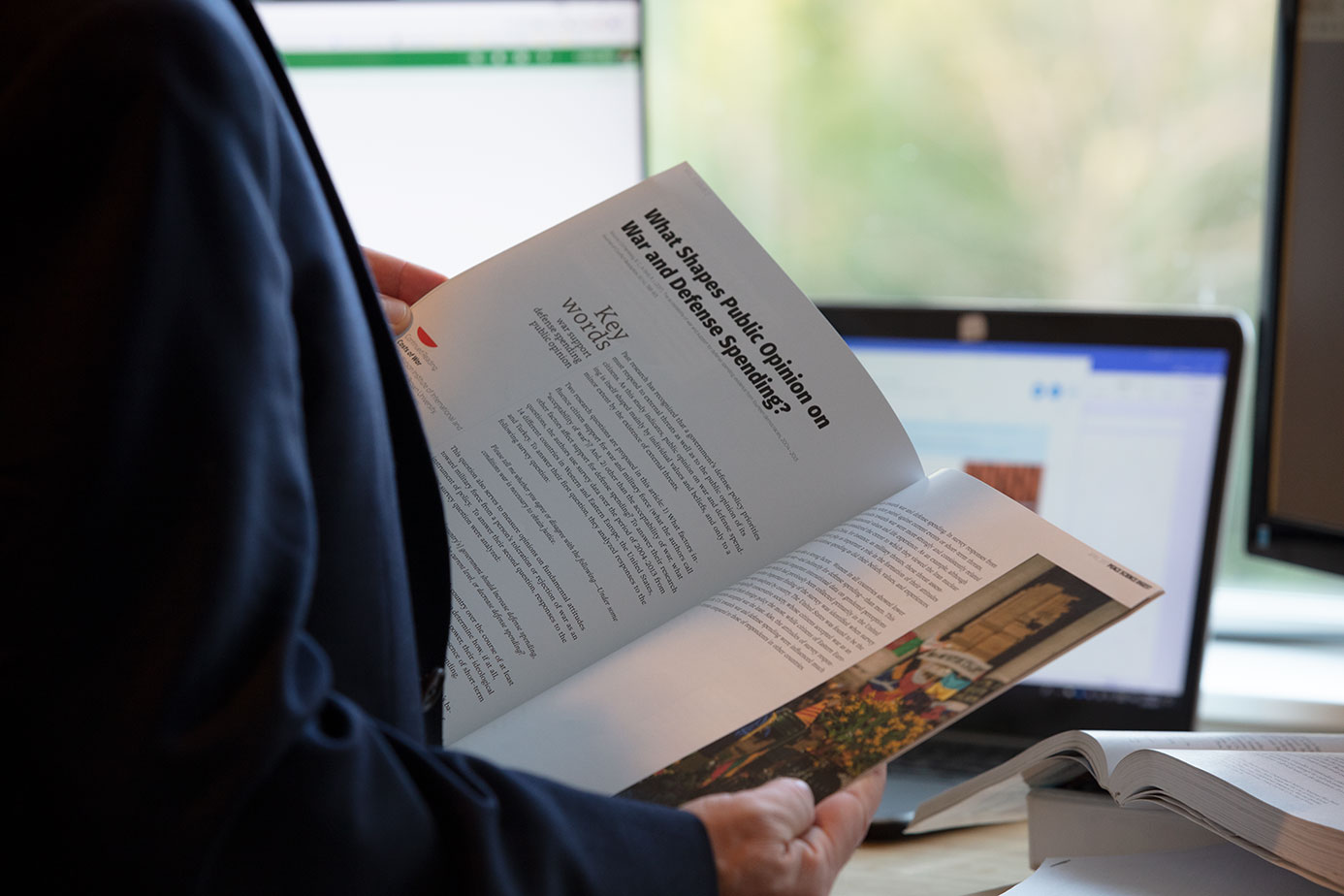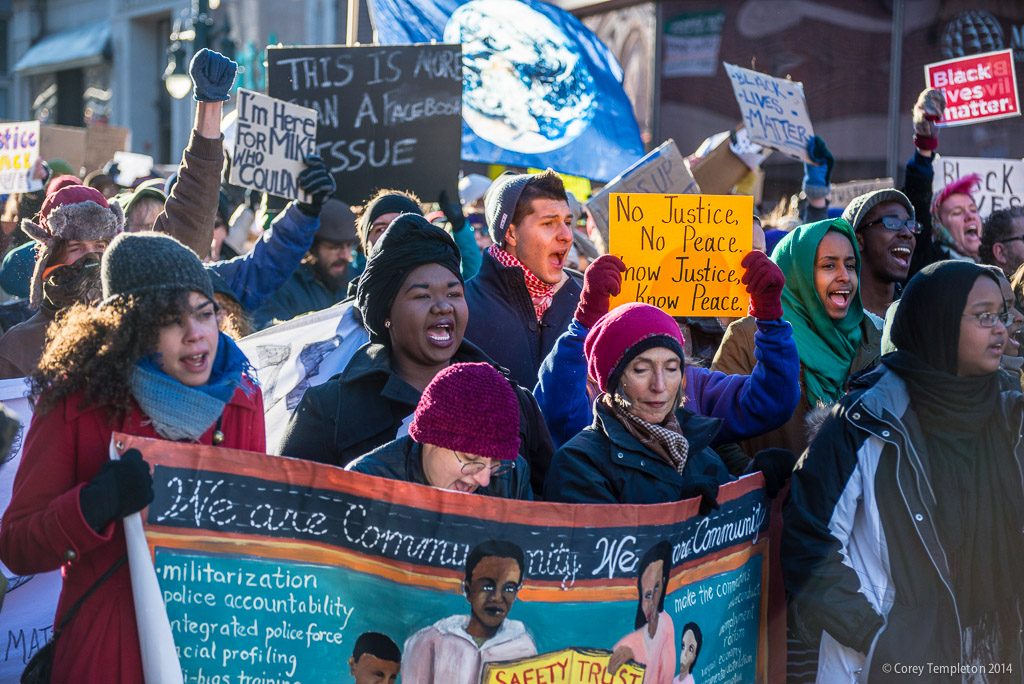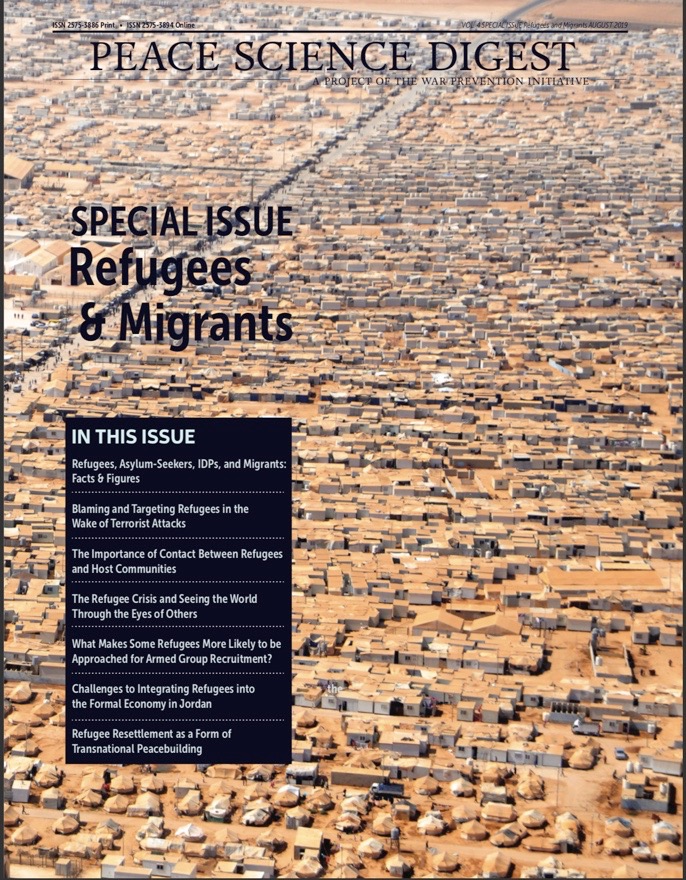
Special Issue: Refugees & Migrants
Considering the plight of migrants (258 million globally) and especially refugees (26 million globally) is impossible to do without also considering war and human security. On the most obvious level, one of the many enormous costs of war is the massive human displacement it causes as people try to protect themselves by leaving the war zone.
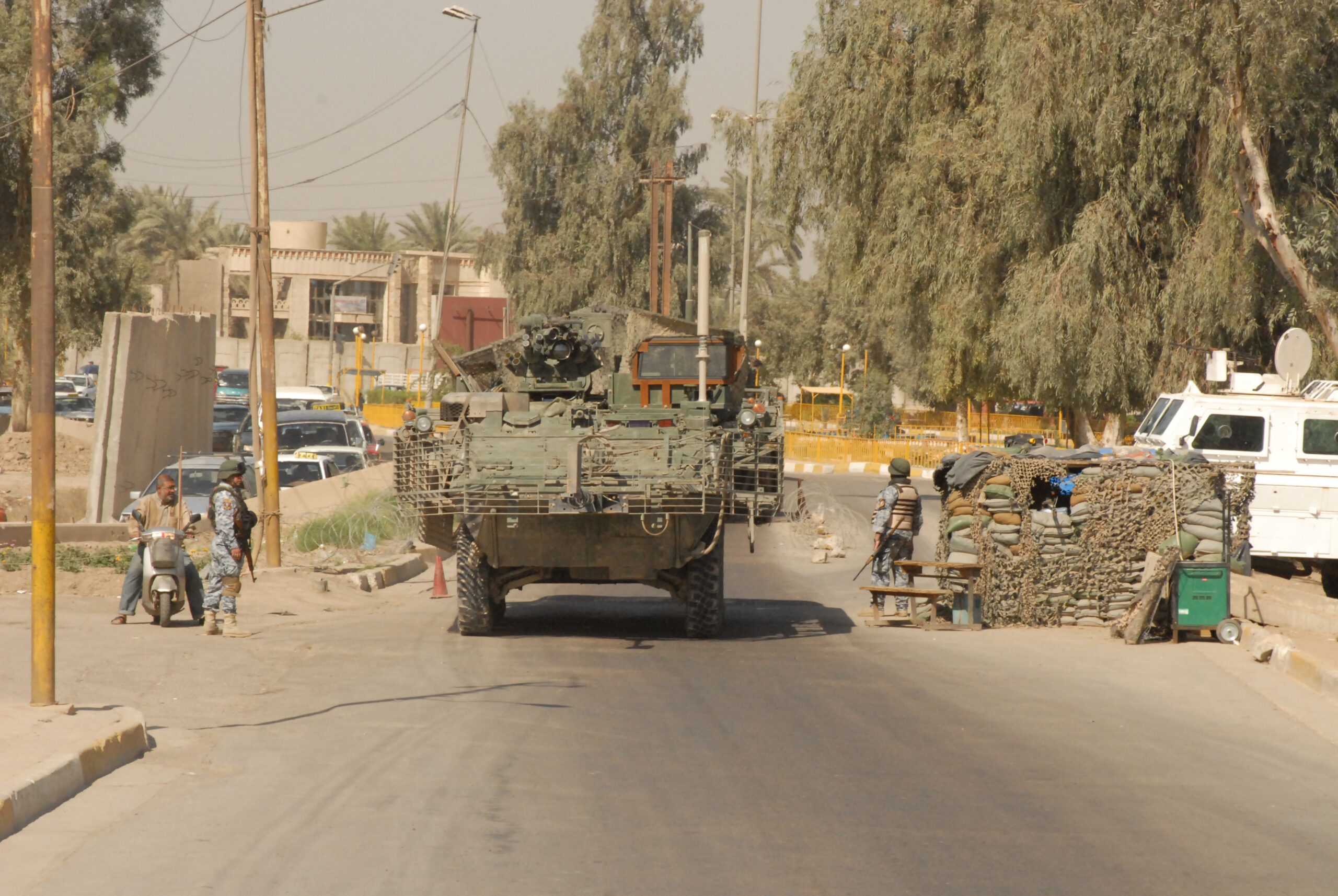
How Feelings Make Military Checkpoints Even More Dangerous for Civilians in Iraq
An average of one Iraqi civilian was killed at a coalition checkpoint each day between 2006 and 2007.
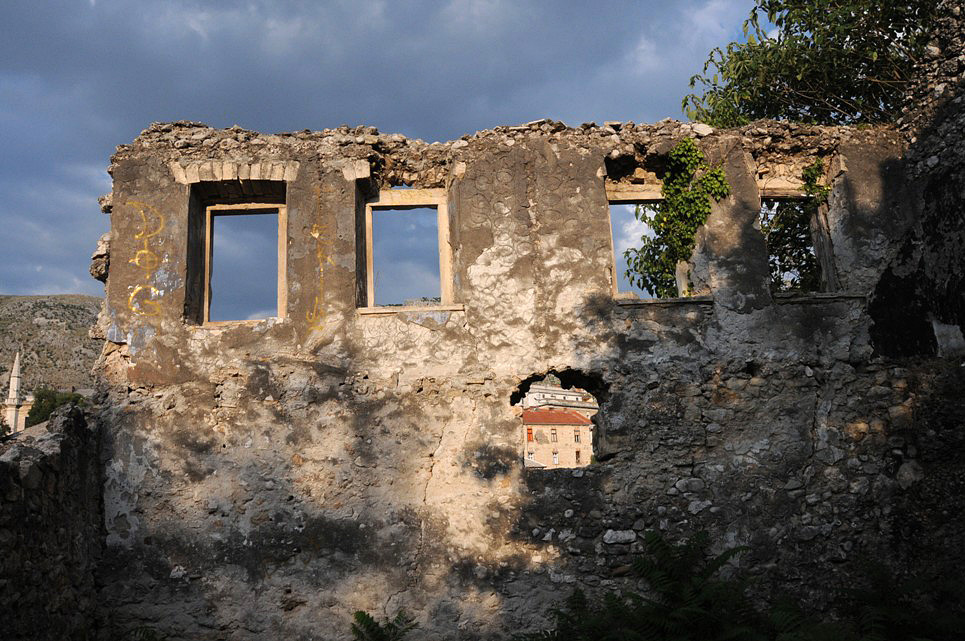
Resisting Exclusionary Nationalism During the Bosnian War
The city of Tuzla was able to resist exclusionary nationalist forces during the Bosnian War due to its identity formation from 1878 to 1990 as a “multi-ethnic working class society with strong anti-fascist, anti-nationalist ideals.”
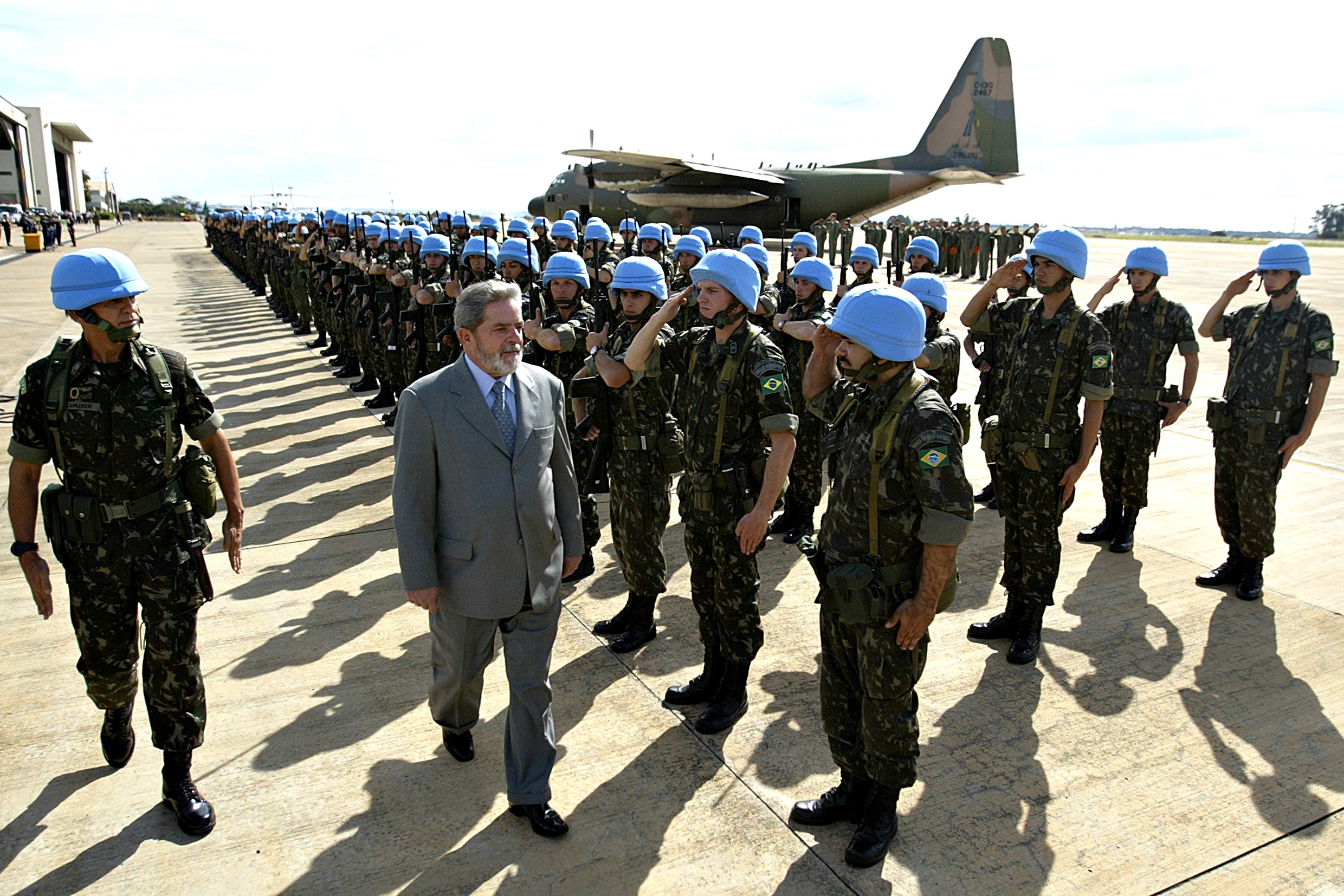
The Unintended Consequences of UN Peacekeeping’s Use of Security Contractors
The UN’s heavy reliance on security contractors in the Democratic Republic of the Congo (DRC) results in more money for institutions and groups that are perceived as corrupt and/or sources of insecurity for many Congolese people.
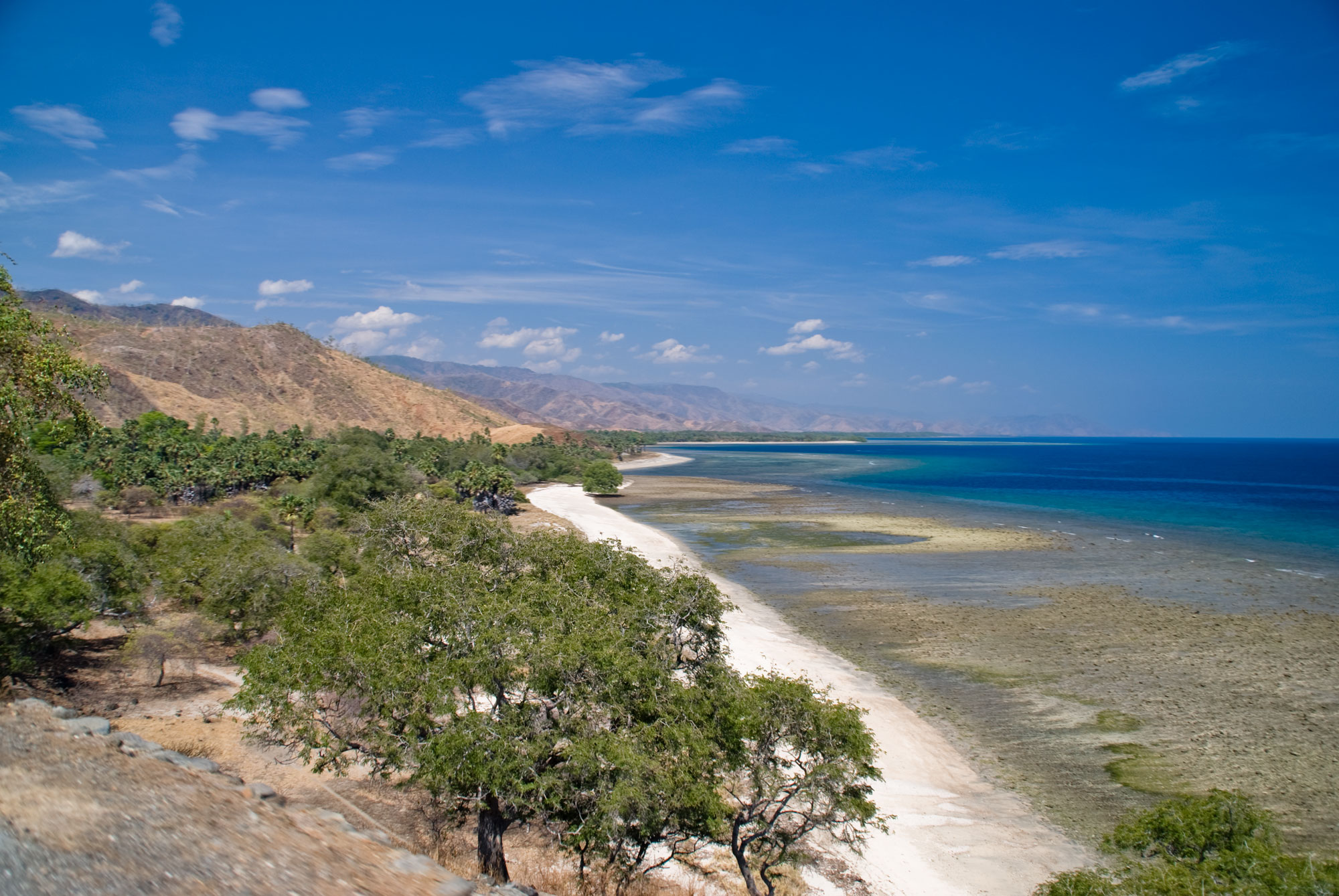
“Uncivil” Society Organizations in Bougainville and Timor-Leste: Subverting Transitional Justice in Post-Conflict Settings
In Bougainville and Timor-Leste, uncivil society groups were composed of ex-combatants and/or marginalized communities who felt that they were excluded from the peace and reconciliation process.
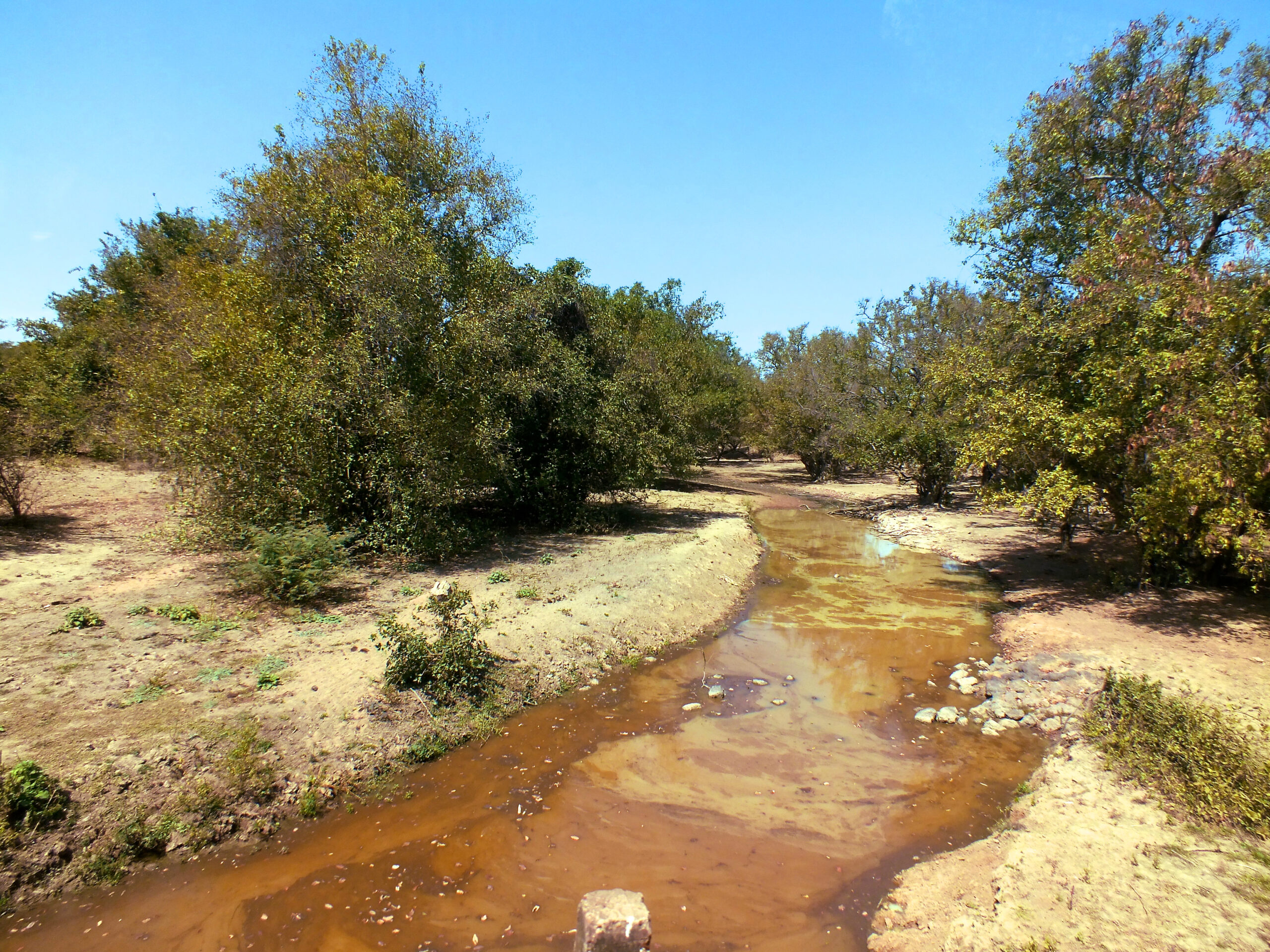
Traditional Governance and the Maintenance of Peace in Sub-Saharan Africa
Traditional governance, including local chiefs, kings, or conflict resolution mechanisms, can play a powerful role in maintaining peace if it is integrated with the public administration of the state (a scenario called “institutional hybridity”).
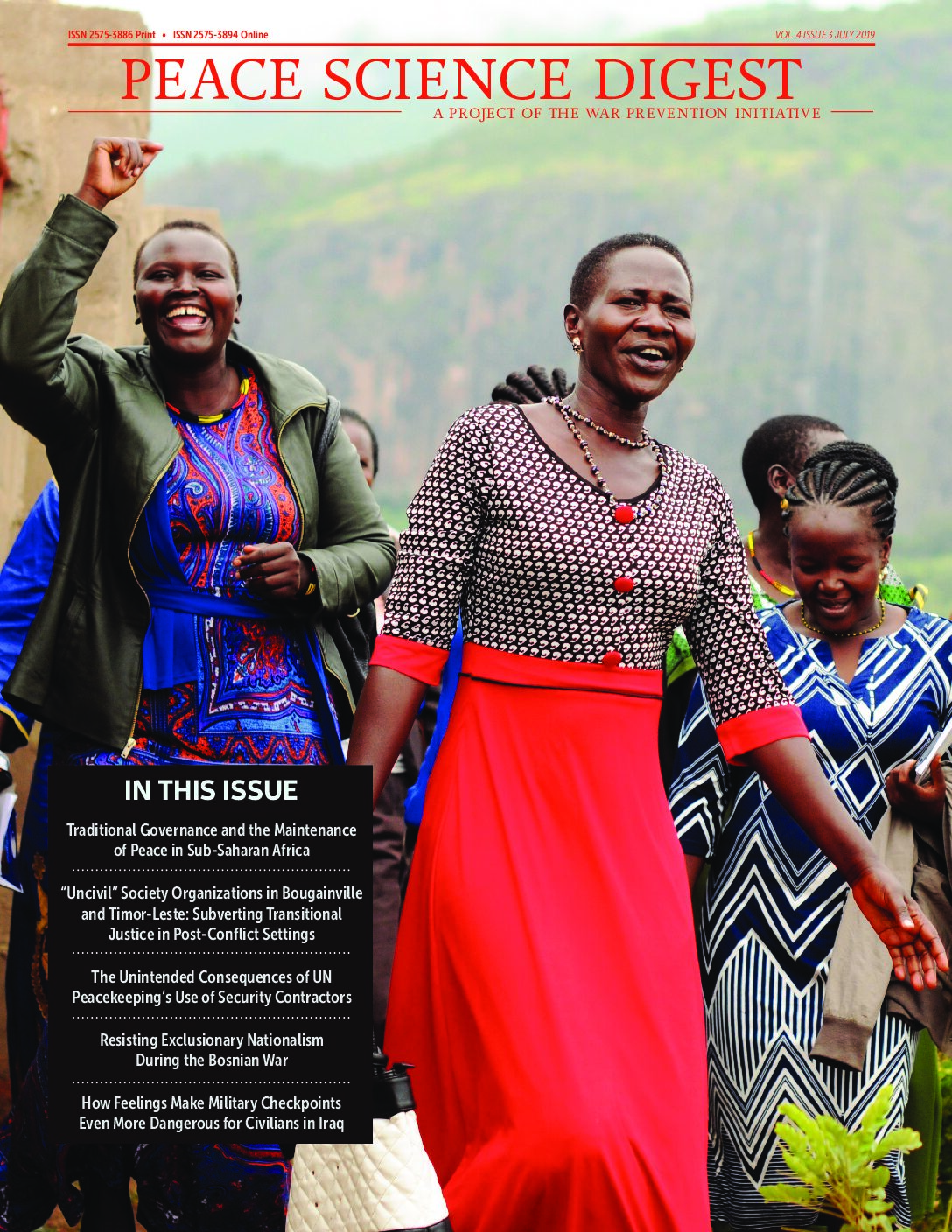
Volume 4, Issue 3
In this issue, we examine a set of articles with a great deal of regional diversity — two articles focus on peacebuilding or peacekeeping in Africa, one looks at resistance to exclusionary nationalism in Bosnia (Europe), another explores “uncivil society” in Bougainville and Timor-Leste (Asia-Pacific), and, finally, one considers military checkpoints in Iraq (Middle East). These articles heighten our awareness of the complexities and challenges involved in peacebuilding after war. All the more reason to avoid war in the first place.
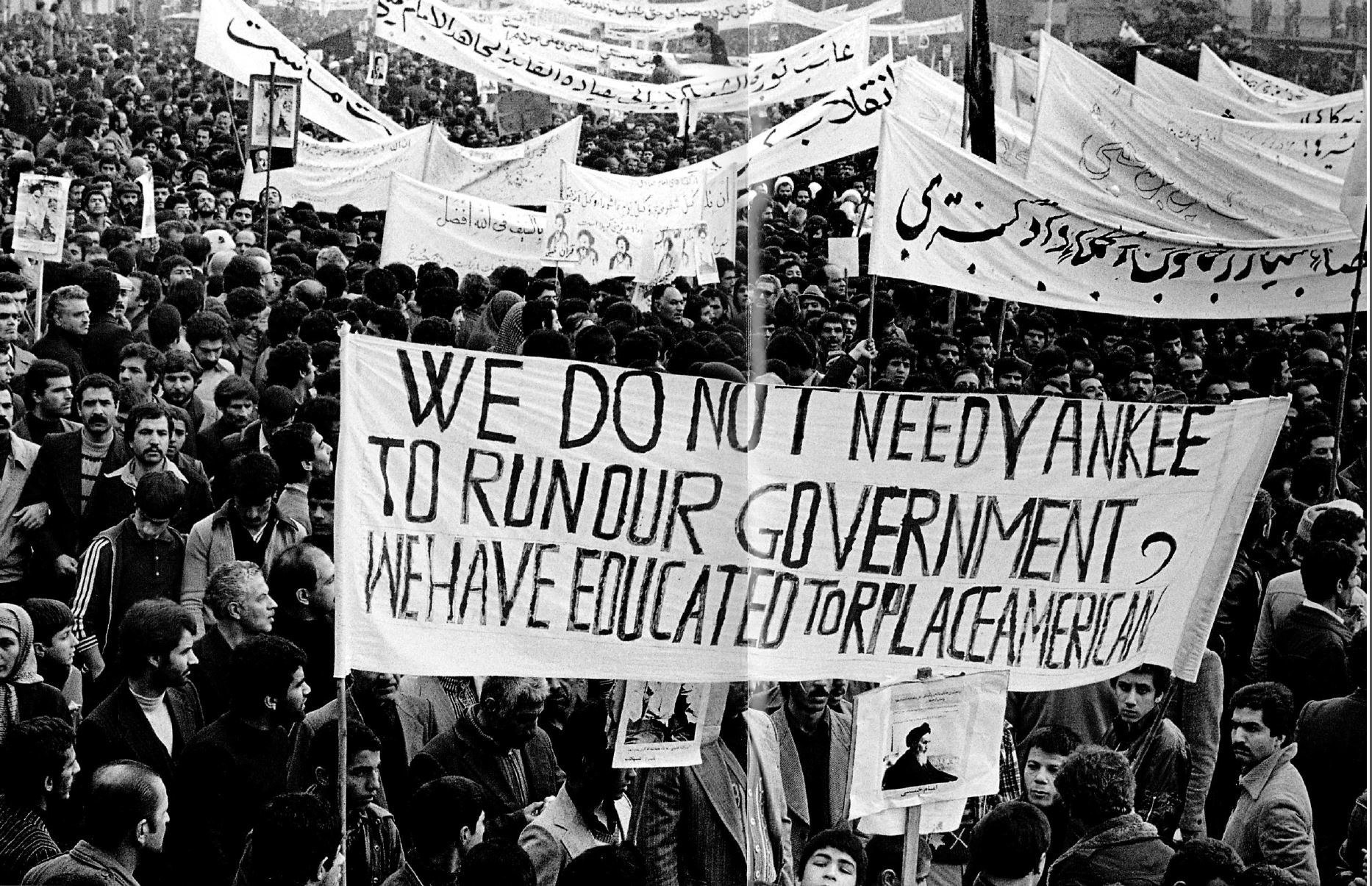
Nonviolent Movements for Social Change Considered More Moral and Supportable
Reformists in Iran were more willing to support and join a hypothetical Green Movement in the future if it were to use nonviolent rather than violent strategies.
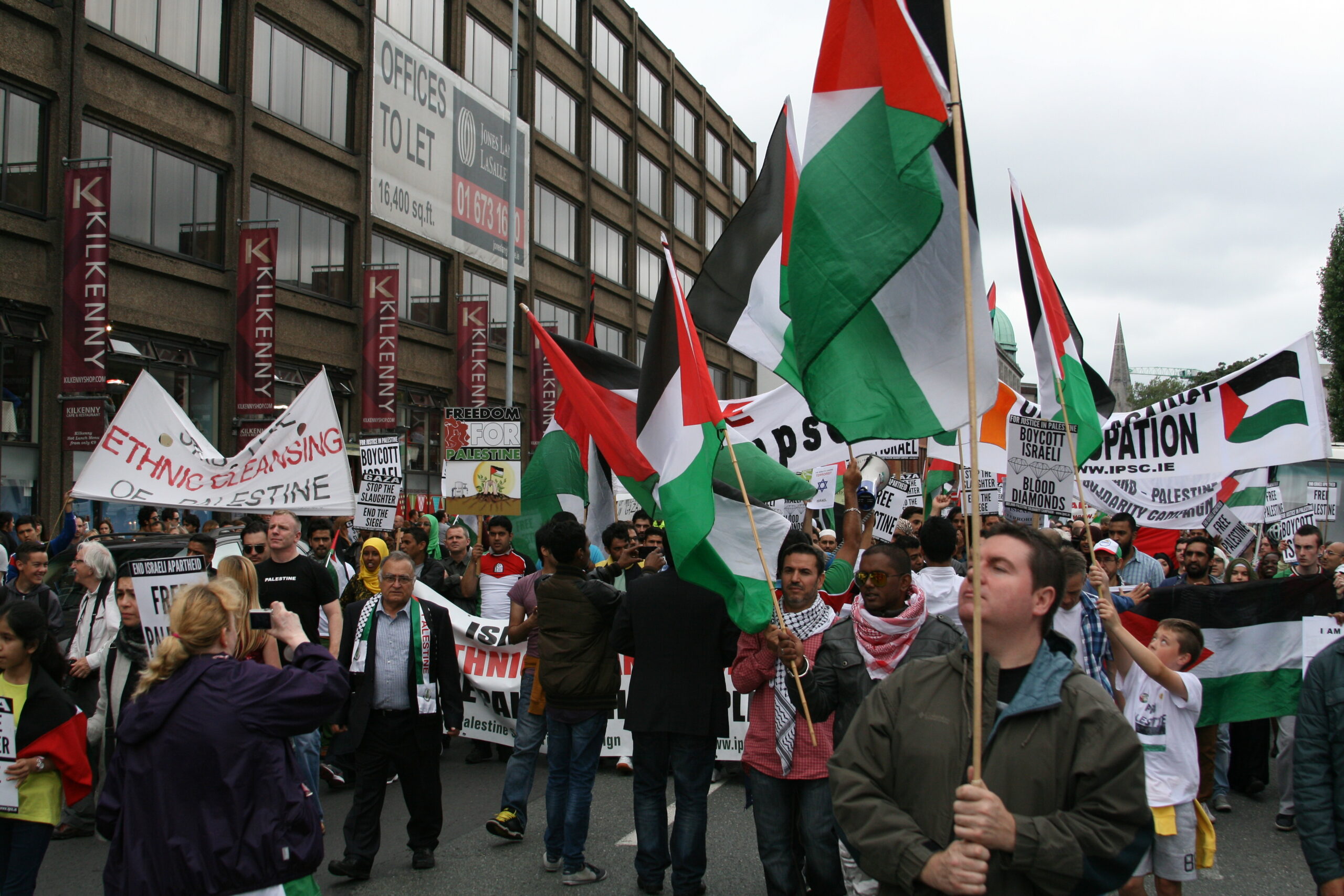
From Encountering the “Other Side” to Social Change Activism
Organizations that bring together people from multiple sides of a conflict can play an important role in motivating participants to become activists for social change.

When Countries Increase Their Military Budgets, They Decrease Public Health Spending
When military spending increases by 1%, spending on health decreases by 0.62%.
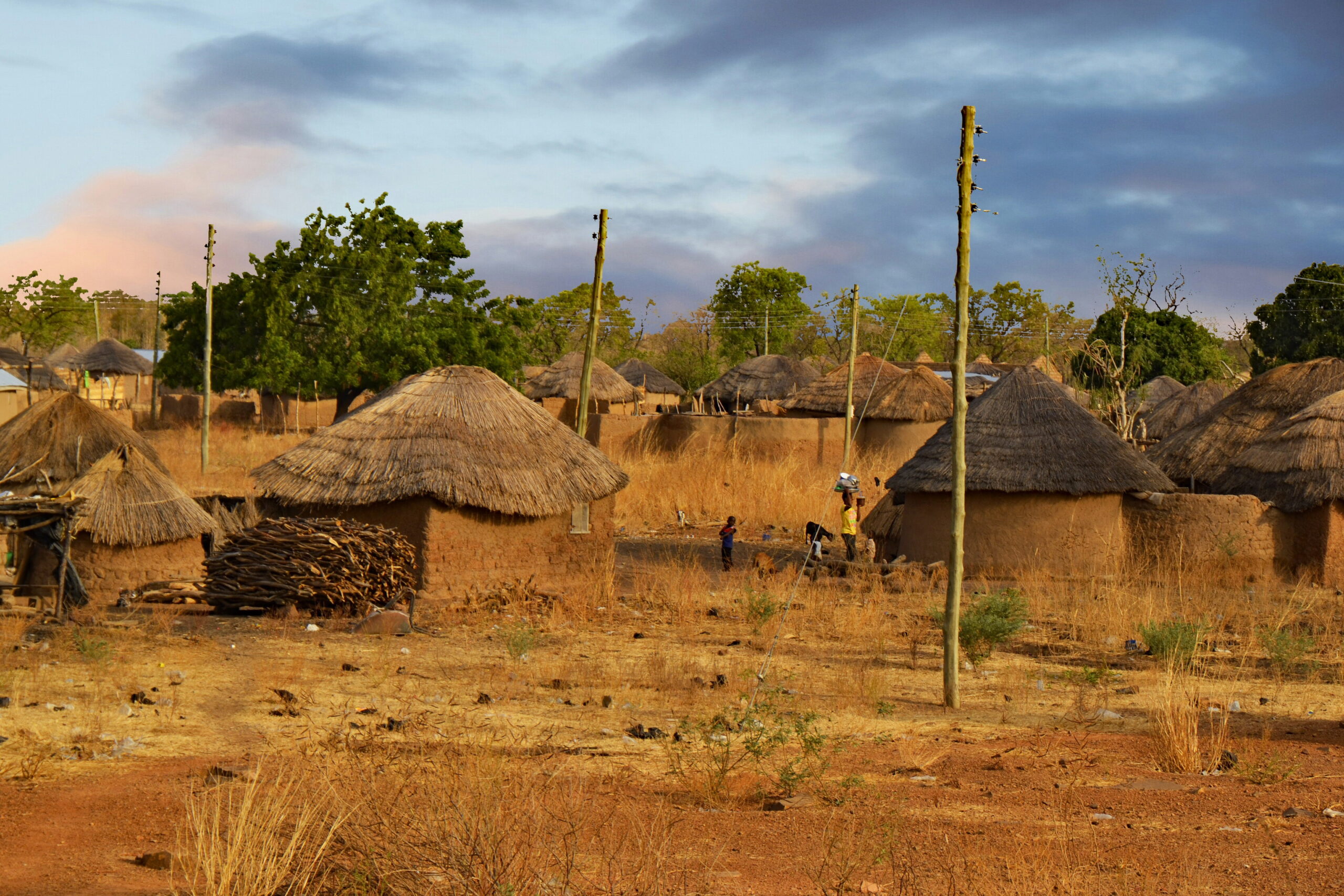
West African Zones of Peace and Local Peacebuilding Initiatives
In the context of civil war in Côte d’Ivoire and Sierra Leone, the line between “armed actors” and “communities” was porous, creating a situation where peacebuilders spanning these categories in some cases had special access to armed actors for the purposes of negotiation.
